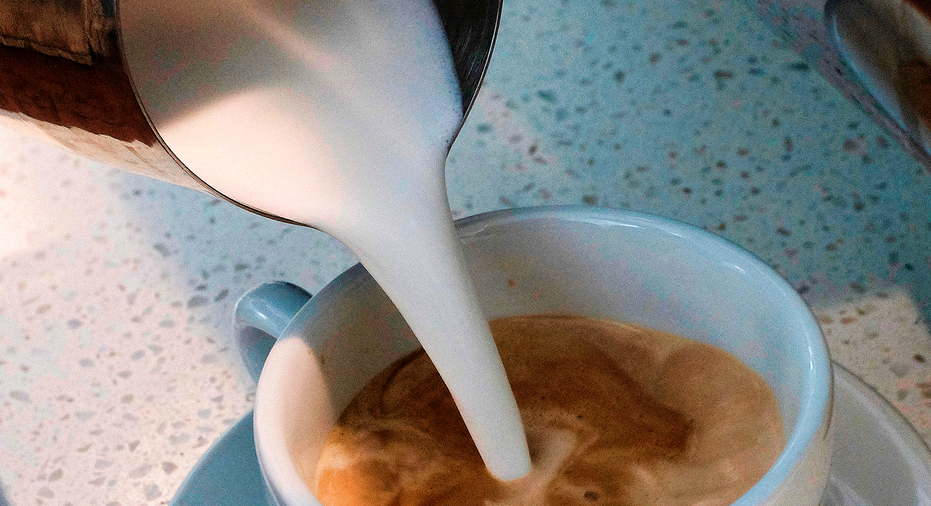Correction: Coffee-Cancer Lawsuit story

LOS ANGELES – In a story May 7 about a court ruling that will require cancer warnings on coffee sold in California, The Associated Press erroneously reported some details about the chemical acrylamide. As part of a court settlement, potato chip makers agreed to reduce the chemical from their product, but did not completely remove it. And while the judge referred to acrylamide as a carcinogen and the state of California lists the chemical as cancer-causing, other groups classify it as a "probable" carcinogen.
A corrected version of the story is below:
California judge affirms ruling for coffee cancer warnings
A Los Angeles judge has issued a final ruling requiring coffee to carry cancer warning labels in California
By BRIAN MELLEY
Associated Press
LOS ANGELES (AP) — A court ruling that gave coffee drinkers a jolt earlier this year was finalized Monday when a Los Angeles judge said coffee sold in California must carry cancer warnings.
Superior Court Judge Elihu Berle said Starbucks Corp. and other roasters and retailers failed to show that benefits from drinking coffee outweighed any risks from a chemical that is a byproduct of the roasting process. He had tentatively made the same written decision in March.
A nonprofit group sued about 90 coffee companies, including Keurig Green Mountain Inc. and Peet's Operating Co. Inc., under a state law that requires warnings on products and in places where chemicals that can cause cancer are present.
The chemical in question, acrylamide, is listed by the state of California as cancer causing, but other groups classify it as a probable carcinogen.
Lawyers for the coffee industry argued acrylamide was found at harmless levels and their product should be exempt from the law because the chemical results naturally from cooking necessary for flavor.
The final ruling clears the way for the Council for Education and Research on Toxics to seek a permanent injunction that would either lead to ominous warning labels or a commitment by the industry to reduce the chemical from their product — as the potato chip industry did years ago when sued by the same group.
Attorney Raphael Metzger, who represents the nonprofit, said he hopes mediation will lead to some settlement of the case that has been brewing for eight years. If no agreement is reached, another phase of trial would determine civil penalties as high as $2,500 per person exposed each day since the suit was filed in 2010.
"In all the years I've been practicing, I've never had a case that got to this point," Metzger said. "They've lost all their defenses and we proved our case. The only issues left are the nature and form of the injunction and the amount of penalties to be assessed. It's not a pretty place for them to be."
Berle had ruled about two years ago against the industry's best defense before issuing the tentative decision March 29 that rejected a secondary defense.
At the time, the coffee industry said it was considering all options, including appeals. It said that cancer warnings would be misleading and said numerous studies have shown health benefits of drinking coffee.
The industry and lawyers in the case did not immediately reply to an email seeking comment sent after business hours.



















